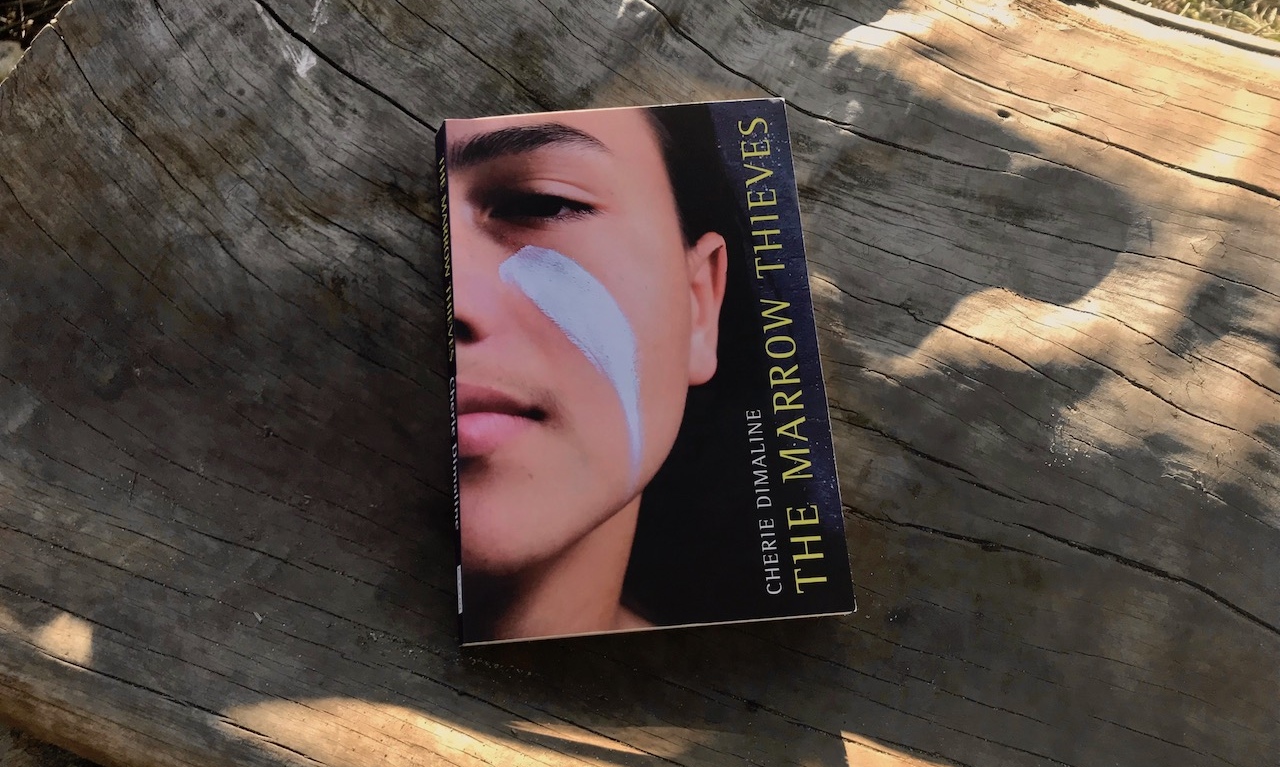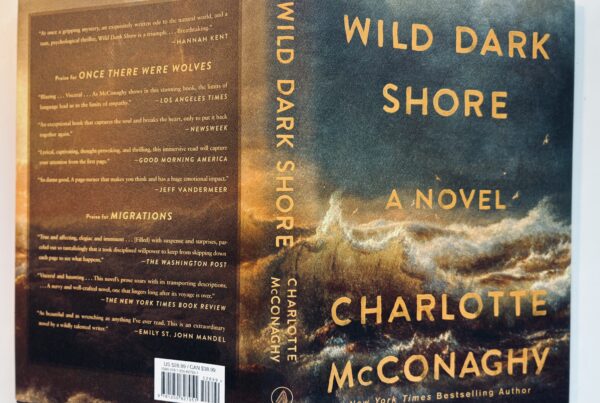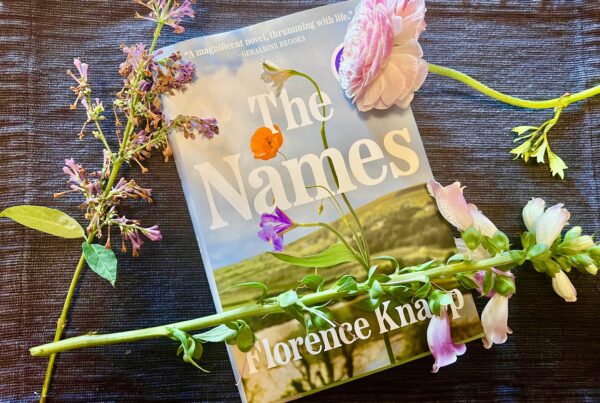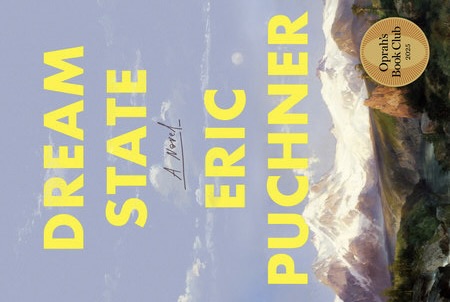a bookclique pick by Tanya Boteju
The most striking element of Cherie Dimaline’s young adult book, The Marrow Thieves, is perhaps its premise: the earth has been ravaged by global warming. While most humans have lost the ability to dream, the indigenous people of North America have not. As a result, they are hunted and harvested for their bone marrow, their ability to dream laced into the marrow like webs. Hauntingly, they undergo this brutality inside institutions much like the residential schools of the not-so-distant past.
The plot follows Frenchie, a teenager who eventually travels the barren landscape with a group of indigenous nomads running from the “recruiters” who want their marrow. Woven into this plot are separate (but always connected) stories of individual characters and of shared indigenous histories in Canada — a history shadowed by the residential school system, in which thousands of indigenous children were forced from their families and placed in government-run schools, suffering unconscionable abuses in their time there and long after.
As we wrestle with how to acknowledge and own this past while also moving forward, authors like Dimaline choose storytelling to simultaneously warn, honour, and give hope. She cautions against our disregard for indigenous world views regarding the land while celebrating the close bonds of both blood families and chosen ones, the wisdom of elders, and the potential of indigenous youths. And in placing power in the hands of a cast of characters who have suffered individual and collective trauma, she hints at where hope and reconciliation can be found — in the stories that have been stolen and stifled but nonetheless survive through “heartbeat … instinct … blood memory … teachings … ancestors.”
The Marrow Thieves is categorized as young adult literature, but its themes are relevant to anyone who values storytelling as a source of identity and power. For Dimaline, dreams represent hope; it could be said that storytelling does the same.




